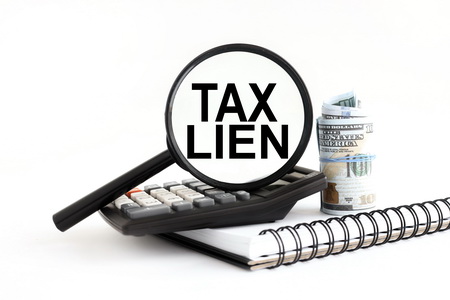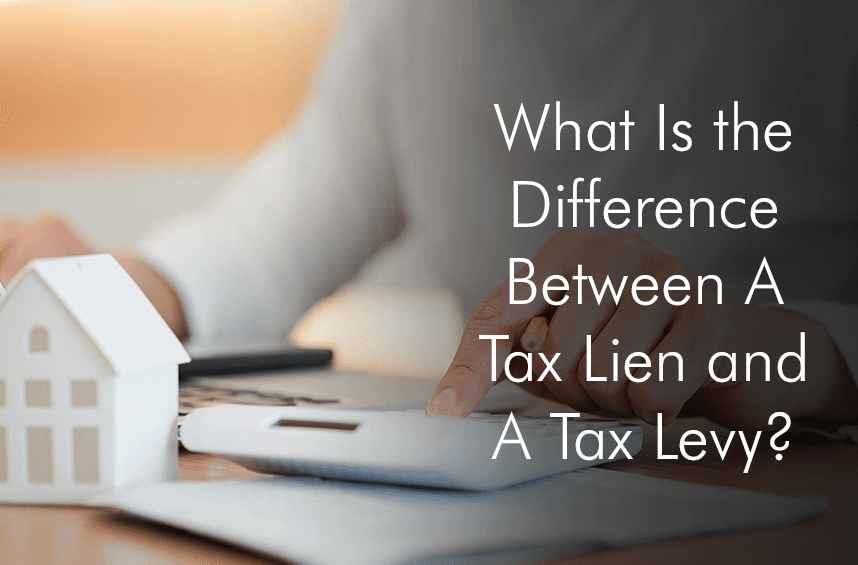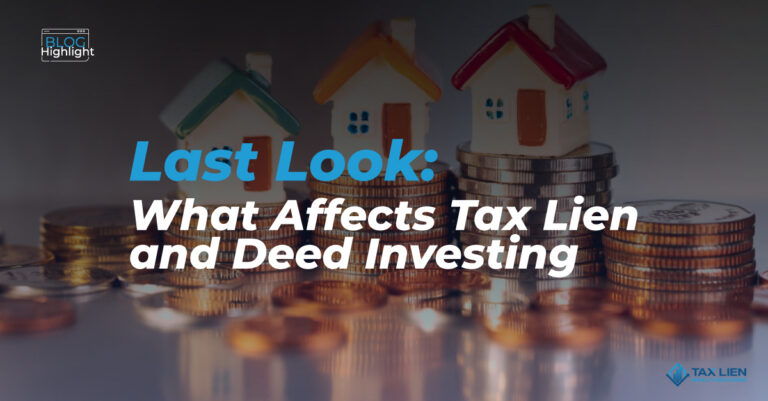All Categories
Featured
Table of Contents
If you are interested in the tax obligation lien foreclosure process, you ought to contact an attorney so you understand and evaluate the threats of this type of financial investment. - best states for tax lien investing
Tax obligation lien sales are one manner in which cities and areas attempt to recover some of the general public dollars they have actually spent preserving these homes deserted by exclusive owners. As we'll clarify in this article,. When residential property tax obligations are considered delinquent, city governments usually concentrate on supplying notice of misbehavior and attempting to accumulate the unpaid quantities from the proprietor.
This procedure normally takes years - tax lien investing scam. If a proprietor has left and hesitates to pay tax obligations or keep the building, the city must invest tax obligation bucks to maintain the building. These costsboarding up the structure, cutting thick yard and weeds, reacting to fire and authorities calls on the building, and moreadd up

Proprietors who have actually dropped on difficult times definitely need every initiative to maintain them out of delinquency and in their homes. Normally, if the building is vacant and shabby, we should presume the proprietor has selected to desert their interest in the home and that they are "unwilling" to pay (though situations earlier in the procedure may have forced their hand).
How To Do Tax Lien Investing
Take, for instance, a single-family home where the proprietor has actually long because walked away. For many years the regional federal government has actually needed to tip in and eliminate waste discarded in the yard, board up the doors and windows, and react to telephone calls concerning illicit task on the residential or commercial property. All these solutions set you back the city government taxpayer dollars.
In several states, those costs can be gathered similarly as the unpaid tax obligations, however not in all. (Something that Neighborhood Progress highly advocates in favor of.) Ultimately, the overall financial debt becomes higher than what the home can offer for. In a tax obligation lien sale (or tax obligation certification sale) the city government generally holds a public auction where the winning bidder concurs to pay the most money for the right to enforce the tax lien, starting with a minimal bid of a minimum of the taxes had, plus appropriate rate of interest, costs, and expenses.

When a government sells the tax lien they are normally selling to a private customer the regional government's authority to accumulate the debt in exchange for ahead of time payment of the tax obligations owed. The purchaser's acquisition normally consists of the ability to gain future passion, in addition to redeem associated fees and prices incurred by the purchaser, if the homeowner pays the tax financial obligation.
This is, fundamentally, privatization of a core government feature: taxation. Tax obligation lien sales are especially bad when it comes to uninhabited, deserted, and tatty buildings because they lengthen the period prior to a home can be relocated right into the hands of a new, much more responsible owner. Exclusive tax obligation lien buyers hold the financial obligation, yet they do not own the titlethe legal right to possession of the propertyand in most cases, they have no interest in obtaining it.
Investment Lien Tax
Taking into consideration budget cuts, city governments in several states have minimized in-house real estate tax collection and enforcement efforts and sought to tax lien sales as a fast mixture of earnings - tax lien investing basics (tax lien investment companies). Many counties select or are mandated by the state to market tax obligation liens due to the fact that it contracts out collection and often generates very needed cash earlier in the collection process
By transferring the city government's interest in and enforcement of the tax obligation lien to an exclusive customer, city governments lose much of their flexibility: versatility to obtain uninhabited buildings that the exclusive market doesn't desire, or to aid the owner stay clear of losing their property. With vacant buildings, there is a much greater possibility that the private buyer isn't thinking about the home itself.
Tax obligation lien sales can create injury in historically disinvested areas. In a clinically depressed housing market, fewer owners are able to redeem the quantity of the financial debt marketed to a tax obligation lien purchaser. These locations are ripe for a various kind of tax lien investorspeculative owners looking for to acquire properties on the cheap by seizing on the home tax lien, bleeding what bit equity is left by leasing a low quality residential or commercial property to prone occupants, and afterwards abandoning the home when they have actually made back their financial investment.

Not all state laws provide neighborhood governments the power to intervene in this cycle. In any case, the residential or commercial property stays vacant and in limbo, all the while enforcing considerable expenses on its next-door neighbors and taxpayers. It's understandable that many city governments transform to tax obligation lien sales due to the fact that they help fund crucial public services.
If the local government instead markets the building (aka the "tax obligation act"), as opposed to the tax obligation financial debt, after that they are in control of what happens to the residential or commercial property and the enforcement procedure if the proprietor proceeds to not pay the residential or commercial property tax obligation owed. The government will certainly provide the owner a practical time to repay the tax obligation debt, after which the federal government will certainly seize its interest in the tax lien and the owner's right of redemption.
From their beginning, these auctions were places for financiers to benefit through exploitation. In very early 20th-century cities, well-known "tax sharks" like Chicago's Jacob Glos and New york city's Charles Wiltsie generated fortunes by getting up scores of tax liens on homes, billing their proprietors exorbitant total up to get rid of the lien, or waiting up until the target date for negotiation passed and asserting the deed.
What Does Tax Lien Investing Mean

Phone call to eliminate tax lien sales and overhaul tax misbehavior laws have actually periodically appeared. Typically, they have come in action to instances of bad, usually elderly homeowners who lost their homes to dishonest tax buyers over tiny tax financial obligations. With a couple of exceptions, state legislatures have resisted architectural reforms (real estate tax lien investing).
Those who have repaid their home loans (mainly senior persons or individuals that had actually inherited a household home) should also find the cash to pay real estate tax. This discusses why 70 percent of the homes cost tax lien sales are owned outright. It is well hobby for states to embrace an even more humaneand much more effectivesystem for property tax obligation enforcement.
Latest Posts
Delinquent Tax Properties Near Me
Free Tax Lien Property List
Back Taxes Owed On Homes